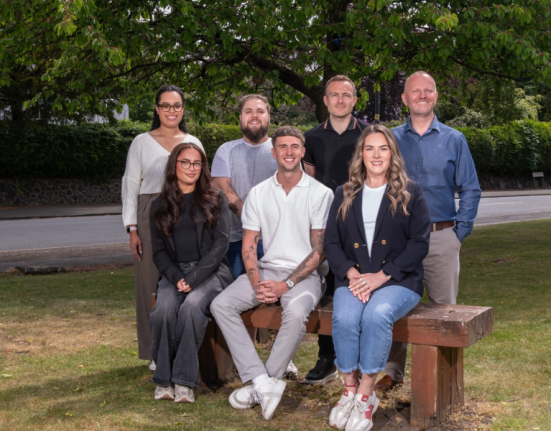Britons pay more than they should for their energy due to the UK’s dependence on gas-fired power stations.
That is the finding of the International Energy Agency (IEA) in its latest report on energy consumption and production.
It claims gas-fired is the most expensive form of electricity production – a legacy the Labour government is seeking to address.
The UK was among the first countries to set a target of hitting carbon net zero by 2050. UK emissions have fallen by around 50% since 1990.
As a historic oil and gas producer, the UK is looking to address declining North Sea production and redirect the region’s capacity to clean technologies.
These strategies align with UK industrial policies to create new jobs and build manufacturing expertise.
OECD picture
For OECD countries, the report shows that in March 2025 total net electricity generation reached 908.7 TWh – an increase of 3.1% compared to March 2024.
Of this total, 43.2% was produced from fossil fuels, 39.5% from renewable sources and 16.9% from nuclear power.
Total net electricity production increased by 3.5% in the first quarter of 2025.
In the UK
In 2023, 35% of electricity production came from natural gas. This is a very expensive source of electricity and the reason why domestic bills are higher in the UK than elsewhere in Europe.
Some 32% of electricity production comes from wind and solar. Nuclear power produces 14% and coal less than 2%.
Consumption of electricity in the UK has fallen 31% to 4.2 megawatts per person in the last 25 years. The European average is 5.7 megawatts per person, but they are far less dependent on gas.
The UK electricity use split: 32% industrial; 34% domestic.
Our consumption of natural gas as a country is 2.25 Terra Watts. This has dropped nearly 40% in the last quarter century.
Britain produces just 1.25 Tera Watts itself and is dependent on overseas sources such as Norway, Russia and the US for the remainder.





